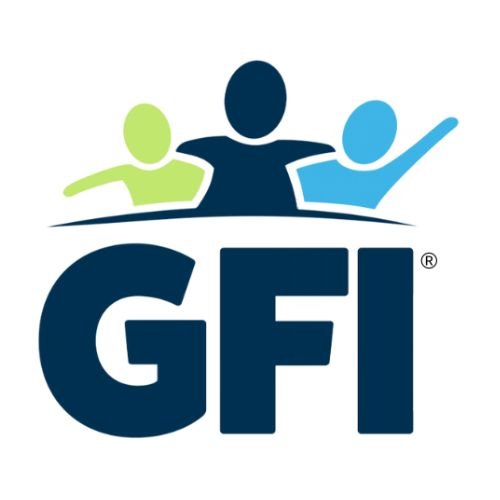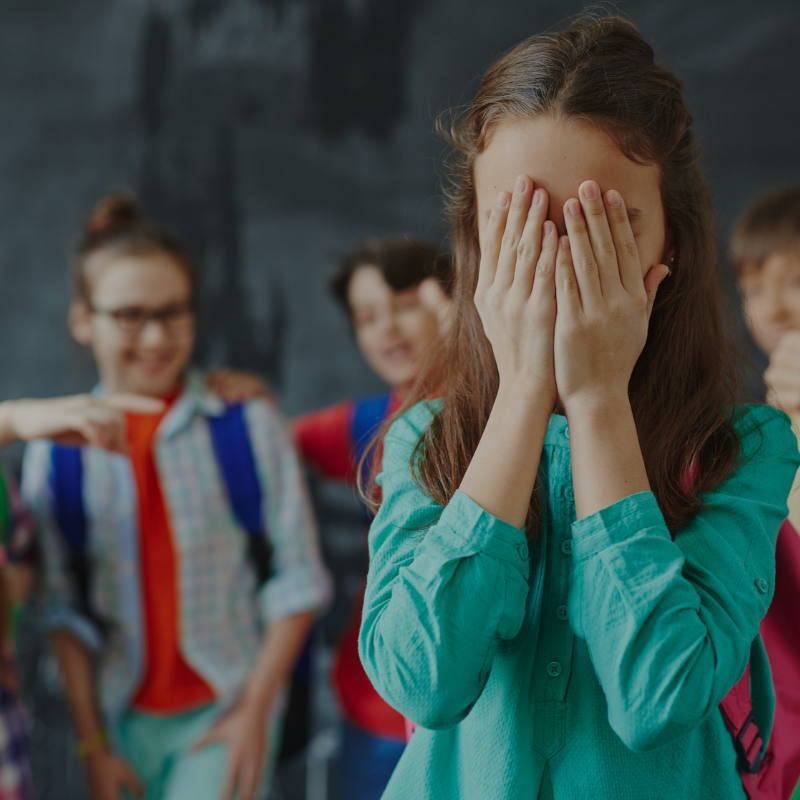The Case for Explaining Your Autistic Child's Neurology
As a community helping children to be more aware, accepting, and empathetic, we can do better – and we must. Whether we’re improving our neurodivergent children’s self-awareness and perception or helping neuromajority children realize that different brain wiring impacts the way autistic peers understand and process the world around them, sharing information in an age-appropriate, strengths-based way is critical to healthy social emotional development.
Neurodivergence and Emotional Response
What any educator will confirm is that every child is unique, whether on the spectrum or not. How they react to stimuli will vary among them, with some increased irregularity among our neurodiverse kids. Recognizing exactly how we’re feeling from their perspective, or how they’re feeling inside, can be difficult to interpret. Here are some common emotional responses to dispel some of the mystery.
Demonstrating Autistic Acceptance
If the aim is an inclusive classroom for neurodivergent kids, we aren’t going to achieve much without leadership showing them how it’s done. Modeling this sort of behavior might feel cumbersome, for fear of overcompensating with forced or unnatural interactions. But a few subtle techniques fly right under the radar and create a culture of acceptance with ease.
5 Classroom Activities That Foster Inclusion
As educators, we value the importance of inclusion and recognize that each and every student comes with their own gifts, quirks, and challenges. Our kids, who are still discovering who they are, and each other, benefit from classroom activities that foster inclusion, educate and celebrate their unique characteristics, and create better connections between peers.
Bullying and Autism - Disability Harassment?
1 in 5 students in general, and 1 in 3 autistic students, are bullied. When bullying behavior focuses on a target’s disability, it can be disability harassment.
How Will Students Know They Belong in Their Classroom?
Since the average enrollment of an American public school exceeds 500 students (EducationWeek, 2019), by the numbers associated with autism prevalence (CDC, 2021), an administrator can be statistically assured that the school’s count of students on the spectrum will be in the double digits. It is likely that the least restrictive environment for those autistic students will be in inclusive classrooms. And the way to prepare the environments in those inclusive classrooms is in part through peer education.
Teachers Who Make a Difference
It's the last week of school in our district, and my own children have been through tremendous transitions this year. In the hands of less capable educators, this week might have felt very different for us. I have had school years as a mom -- and I'm sure you teachers and students have had them, too -- when you're just grateful the year is OVER.
A week to remember
Before we even heard the song, we couldn't wait to share it. And while we finally got that chance last Thursday, most people don't know that presentation was the culmination of two years of collaboration. Good Friend, Inc. co-founder Denise Schamens met Greg Marshall of The Figureheads "by chance" at an area promotion. That conversation lead to a meeting near The Figureheads' Milwaukee studio, and an exchange of ideas began.
"My Favorite Things", autism-style
My son with autism is nearly 15 years old. When things start buzzing around Christmastime, he has a guarded enthusiasm. He loves to bring out the movies of the season, but isn't so excited about how much changes around the house. So it was especially beautiful when he stopped on Saturday morning and noticed ornaments on our tree. He found the ones that had meaning to him, and pushed buttons on those with sound effects. It was good to see him enjoy things on his terms.
What comes after Awareness?
It's a busy month in the Good Friend calendar: Autism Awareness Month. We caregivers are all bustling about with blue in our 'dos and shining our lights and wearing our puzzle piece pins. And as my own children with ASD get older (they're now 14 and 11), they're taking more notice of all the buzz. As they take more notice and I explain in more depth, it all adds to their self-awareness. So in our household, Autism Awareness Month really is a triple threat (and I mean that in a benign way): It's important to me as a mom, to our organization's work, and to my kids as people with ASD.











